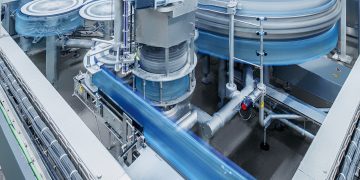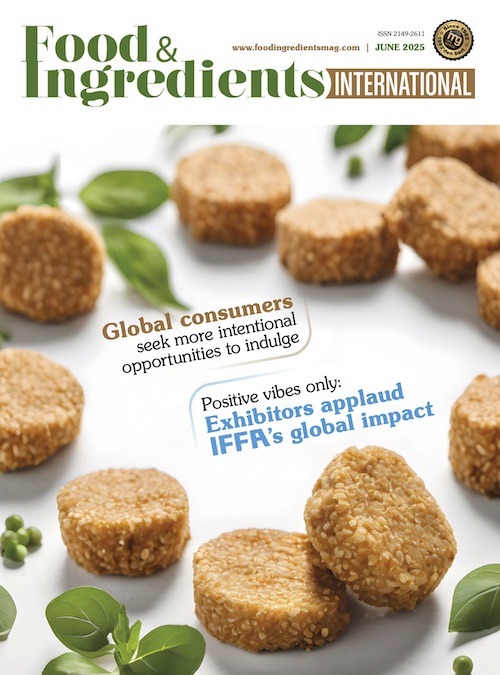According to the latest market intelligence research report by InsightAce Analytic, the global functional beverages market size was valued at US$ 118.7 Billion in 2021, and it is expected to reach US$ 265.9 Billion in 2030, record a promising CAGR of 9.38% from 2021 to 2030.
The significance of foods and beverages in disease prevention and treatment has been increasingly recognized in recent years. Thus, functional beverages have gained acceptance among conscientious consumers due to their perceived health benefits. These are nonalcoholic drinks that contain bioactive substances such as vitamins, minerals, antioxidants, omega-3 fatty acids, plant extracts, fiber, prebiotics, and probiotics, as well as other nutrients and bioactive compounds. Consumption of these beverages is related to weight management, improving energy, athletic endurance, hydration. Those are linked with several health benefits such as a healthy cardiovascular (CV) system, healthy digestive system, immune defense, cholesterol management, among others. In the current times, functional beverages have become increasingly popular due to various key factors ranging from convenience to handle, ease of storage and distribution, the possibility of meeting consumer demand, and shelf stability. Commercially available functional beverages can be divided into several categories, including energy drinks, sports drinks, cannabis-infused drinks, functional fruit and vegetable juices, and other dairy-based beverages.
The growth of the market is expected to be driven by the number of fitness enthusiasts and growing consumer inclination from sugary soft beverages to healthier alternatives.
Moreover, increasing disposable incomes and rising health awareness are also driving the demand for functional beverages. This growth enables industry players to introduce beavers with low calories and fats and add fruit and vegetable flavoring additives such as vegan, probiotic, and plant-based drinks, increasing market growth. E-commerce plays an essential role in the market’s development since it allows businesses to reach out to a more extensive customer base more readily.
The functional beverages market consists of sales of functional beverages and related services. Functional beverages are non-alcoholic drinks which contain non-traditional ingredients such as vitamins, minerals, dietary fibers, probiotics, and added fruits. Function drinks include energy drinks, sports drinks, enhanced fruit drinks, and functional bottles water.
The main type of functional beverages are energy drinks, sports drinks, nutraceutical drinks, dairy-based beverages, juices, enhanced water, and others. Energy drinks are beverages or drinks that contain ingredients marketed to increase energy and mental performance. The functions are health & wellness, and weight management and various type of distribution channel are brick & mortar and online.
The ever-evolving tendency of shoppers toward health-situated beverages has involved probiotic food products as an essential in the rundown. Likewise, the deal advancing slogans, for example, “ready to drink”, “in a hurry” and other accommodation factors, for example, positive bundling altogether served by beverages, further expands the interest for probiotic drinks, including fermented tea. Shoppers have begun to favor functional drinks over organic product squeezes and carbonated drinks.
With buyers now progressively mindful of the health suggestions related to soda pops classifications, concerned drinkers are much of the time disregarding denounced classifications, similar to carbonates and squeezes, for healthier decisions, like soymilk, probiotics, and other functional drinks. Customer training has been the critical factor behind the rising interest in healthy hydration drinks. The pattern of healthy hydration owes its prosperity to the developing mindfulness toward matured drinks with regular ingredients and the expanding acknowledgment of polishing off probiotics.



















